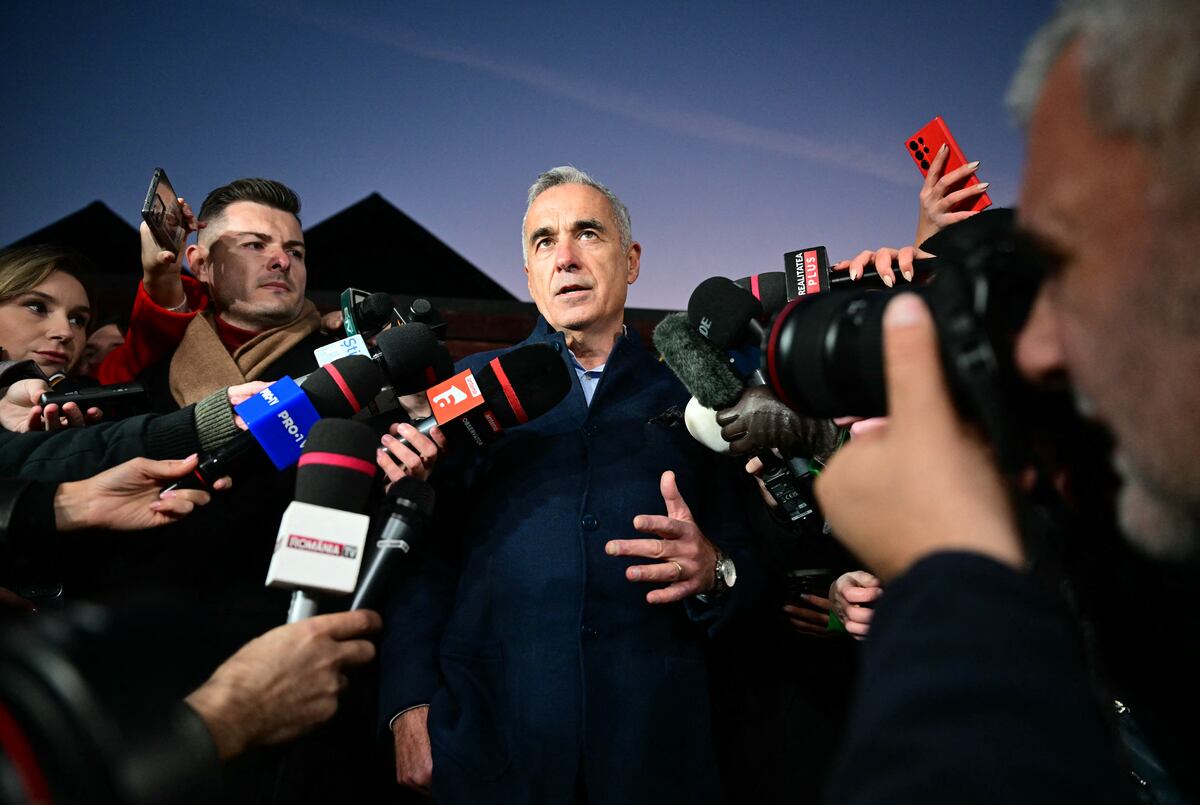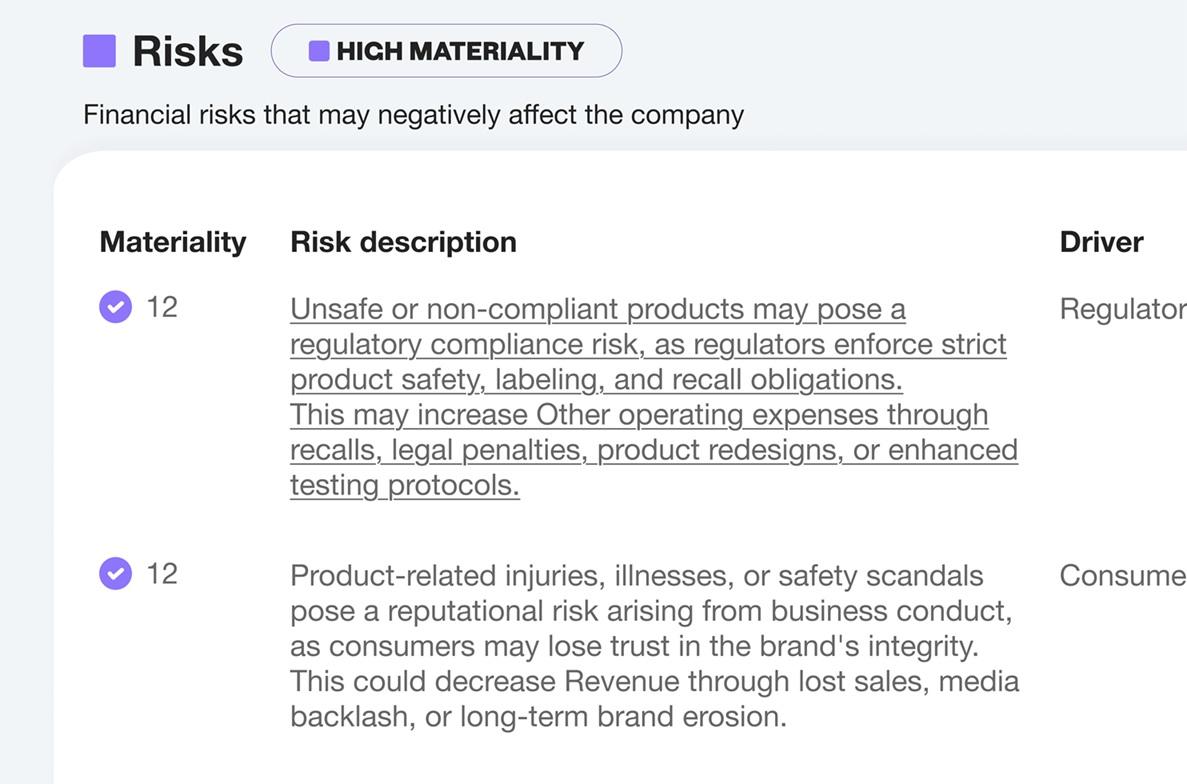The recent annulment of Romania's presidential election run-off highlights significant geopolitical tensions and the potential for foreign influence in Eastern Europe. The court's decision to rerun the first round, prompted by concerns over Russian meddling, underscores the fragility of Romania's commitment to NATO and its Western alliances. Calin Georgescu, a nationalist candidate who has expressed admiration for Vladimir Putin, emerged as a surprising frontrunner, raising alarms about his intentions to alter Romania's foreign policy. His previous statements against NATO's missile defense initiatives and support for Ukraine have intensified fears regarding the stability of Romania's strategic position on NATO's eastern flank, especially given its proximity to Ukraine and the Black Sea.
The implications of this electoral turmoil extend beyond Romania, as the U.S. State Department has emphasized the importance of maintaining Romania's alignment with the Transatlantic community. While analysts suggest that institutional safeguards may limit Georgescu's ability to undermine NATO commitments, uncertainty remains about his potential actions if elected. The Romanian constitution provides checks on presidential power, but the ambiguity surrounding Georgescu's intentions leaves room for speculation. As Romania navigates this political landscape, the outcome will not only shape its domestic policies but also influence broader regional security dynamics, particularly in relation to NATO's presence and the ongoing conflict in Ukraine.








